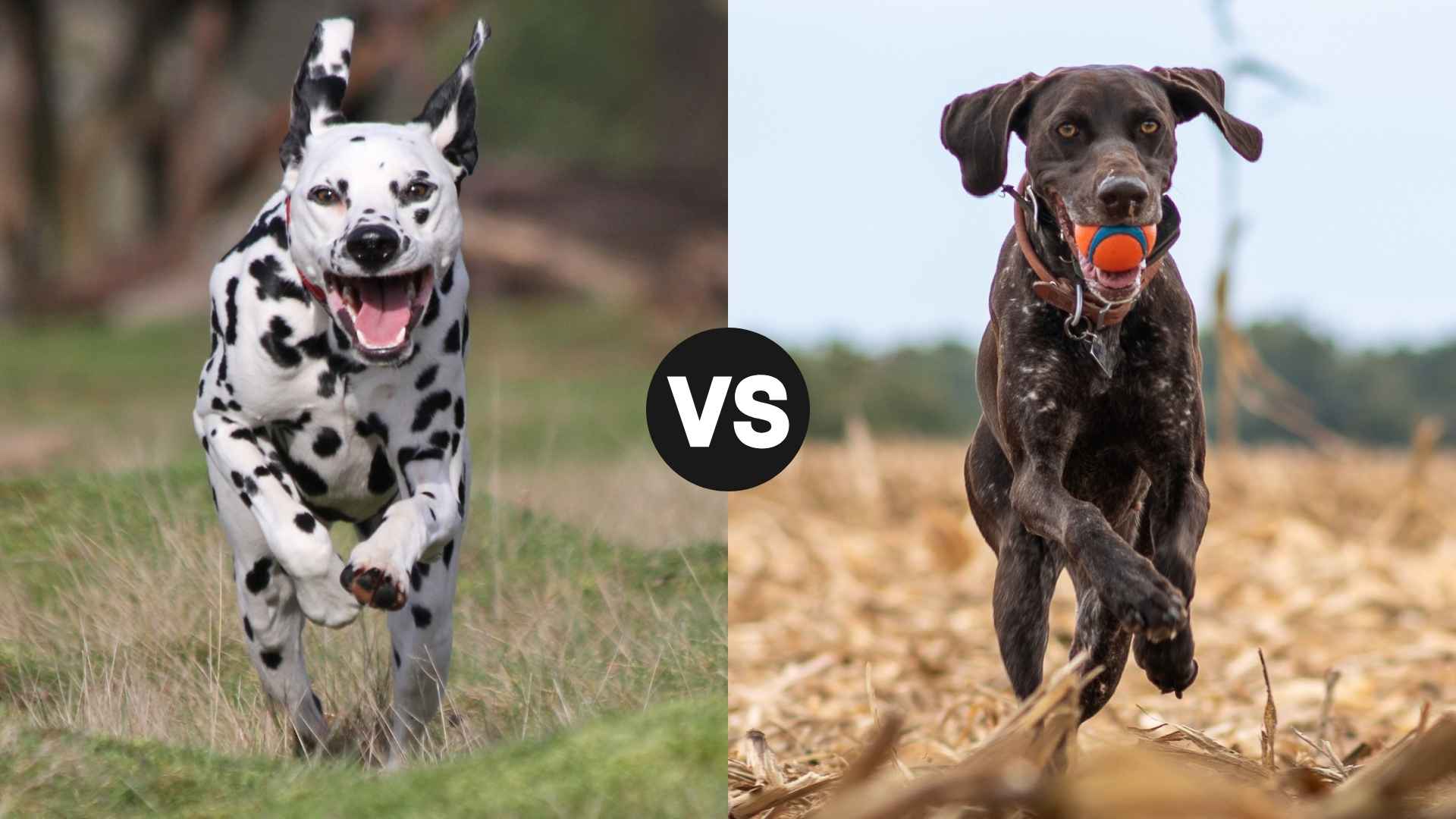Dalmatians and pointers are two amazing dog breeds with rich hunting histories. But when it comes to the question “Dalmatian vs. Pointer: Which Hunts Better?”, the answer isn’t so simple. Each dog has its own style, strengths, and story.
Both breeds were born to run, track, and assist humans. With strong hunting instincts, they were once prized by hunters in Europe and America alike. Today, they are not only hunters, they are also excellent companions to many families.
This article will help you analyze their temperament, energy, size, and more. Whether you are curious about their coat, skills in pointing, or how they interact with people, you will find everything here.
Dalmatian vs. Pointer: Which Hunts Better?
For hunting, especially upland birds, the Pointer is the specialist and typically the better choice. Pointers are bred to locate game, hold a steady point, and cover ground efficiently with outstanding scenting ability.
Dalmatians, while athletic and enduring, were historically coach/carriage dogs and general farm guardians rather than field specialists. They can enjoy active outdoor life but lack the innate pointing/retrieving skillset and steadiness in the field that dedicated gundog breeds have.
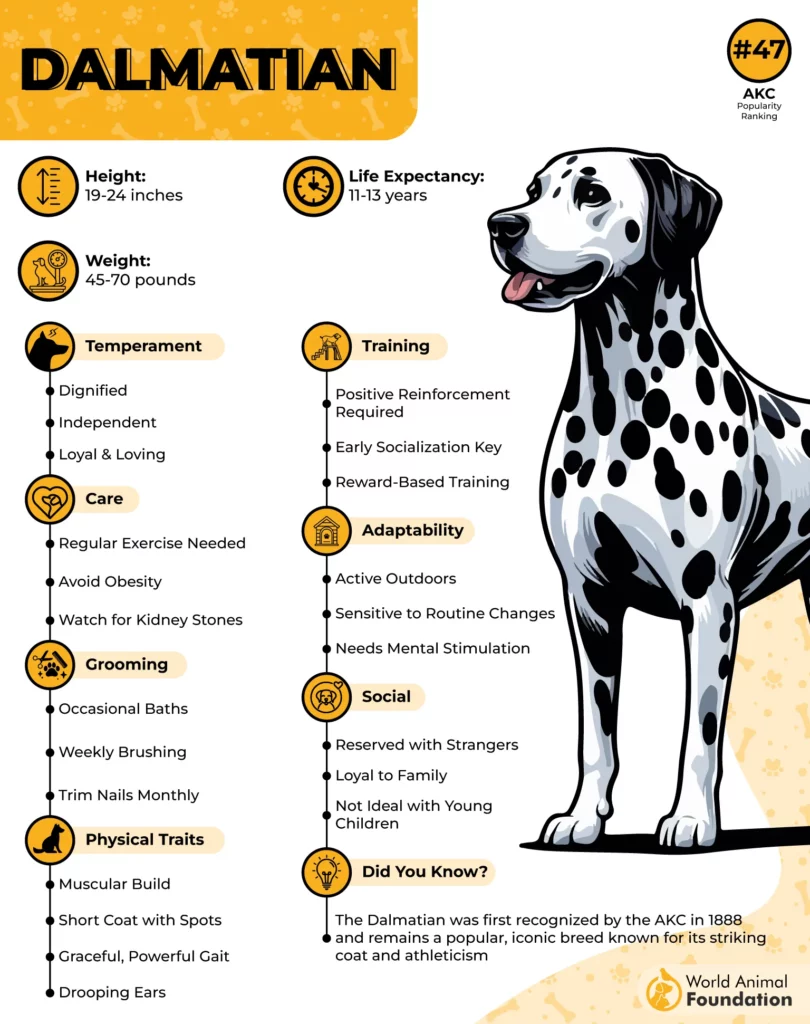
If hunting performance is your priority, choose the Pointer. If you want a high-energy, versatile companion for running, biking, and family life (not dedicated hunting), a Dalmatian can be a great fit.
Appearance Differences: Dalmatian vs. Pointer: Which Hunts Better?
Both the Dalmatian and the pointer share a sleek, athletic look. Their bodies are built for hunting, running, and outdoor playtime. With short coats, long legs, and alert expression, they carry the classic look of dogs made for work and action. These breeds also tend to be lean and agile. This shows off their energy even when standing still.
Now let’s break down their key differences:
|
Features |
Dalmatian |
Pointer |
|
Coat color |
White with solid black or liver spots |
White with patches of black, liver, lemon, or orange |
|
Height Range |
19-24 inches |
23-28 inches |
|
Weight Range |
45-70 pounds |
45-75 pounds |
|
Build |
Sleek, strong, and muscular |
Lean, athletic, and balanced |
|
Coat Type |
Short, dense, and Fine |
Short, smooth, and a bit softer |
|
Overall Appearances |
Bold and Unique |
Graceful and alert |
Temperament and Personality Traits
Both the Dalmatian and the pointer are known for their loving temperament. They are smart, loyal, and make excellent companions. These dogs enjoy being close to their owners and do not like being left alone for long.
Pointers are calm and very intelligent. They were bred for hunting and pointing, so they know how to stay focused. Their gentle nature helps them get along well with people and other dogs. They are also very eager to learn and follow commands.
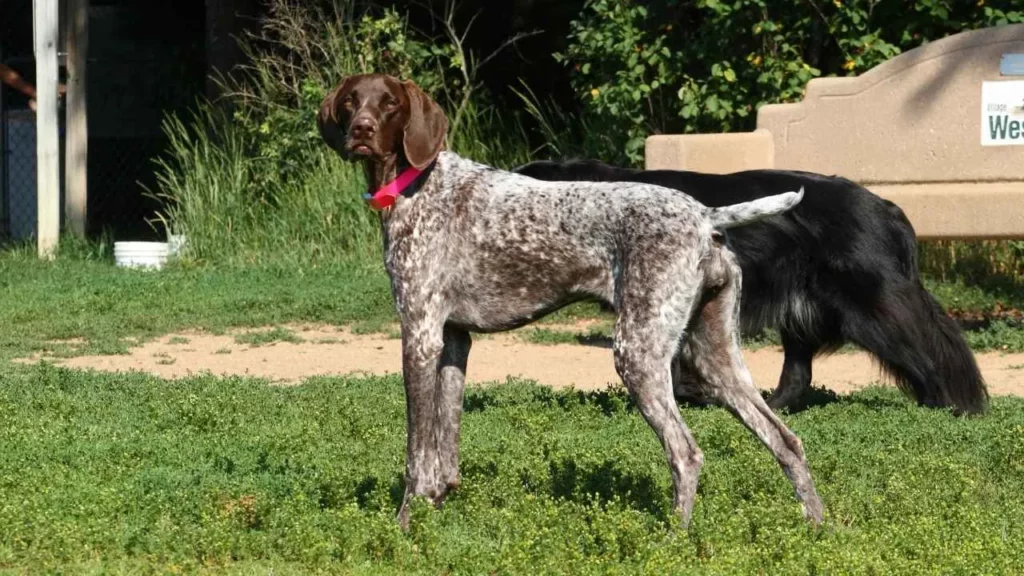
Dalmatians have a bolder personality. They are alert, active, and full of energy. Some can be stubborn, but with love and training, they become sweet and loyal friends. Many owners love their playful side and the strong bond they develop over time.
Exercise Needs and Energy Levels
Pointers: Always ready to run
Pointers are built for action. These dogs were born with strong hunting instincts. They love to run, chase, and explore the outdoors. If you live in a big space and enjoy hiking, they will happily keep up.
They also love having tasks. Whether it’s a long walk or a game of fetch, pointers feel most content when their bodies and minds stay active. According to the AKC, they need regular exercise to stay healthy and happy.
Skipping their playtime may lead to boredom, which can turn into bad behavior. So, if you choose a pointer, be ready for adventure every day.
Dalmatian: Full of fire and Fun
Dalmatians are known for their endless energy. These dogs don’t just walk, they run, leap, and play with joy. They love chasing toys, running alongside bikes, or just being outside.
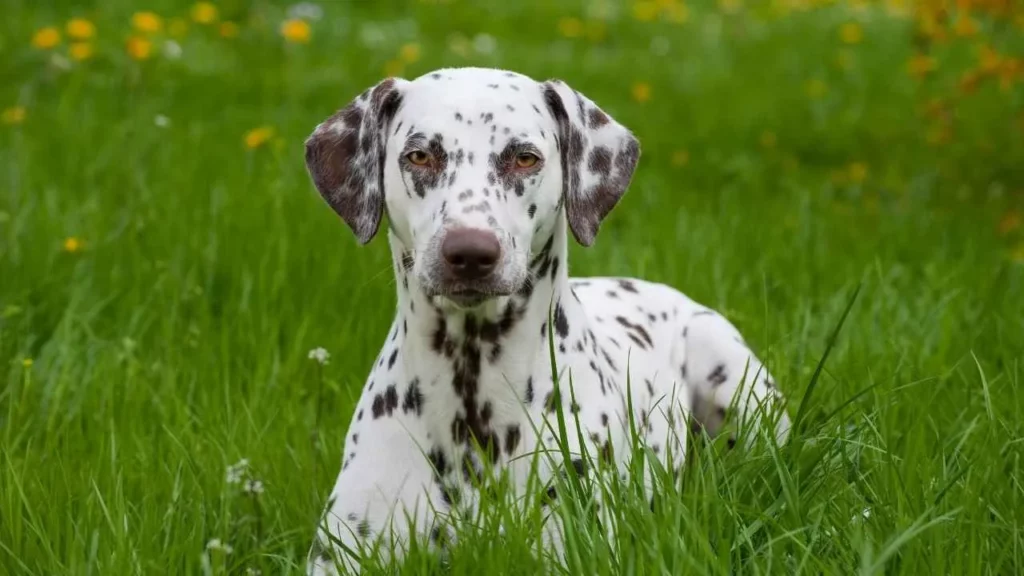
They need daily exercise just like pointers. Without it, they may become restless or loud. Active owners who love movement will find the Dalmatian a perfect match.
With the right amount of activity, these dogs stay calm indoors and build strong bonds with their people.
Social Interaction and Behavior with Other Animals
Pointers
Generally friendly and biddable with people and other dogs. Their prey drive is real, expect interest in birds/small wildlife, so early socialization and reliable recall are important.
With proper training, they can live peaceably with household pets, but supervision around small animals is wise.
Dalmatian
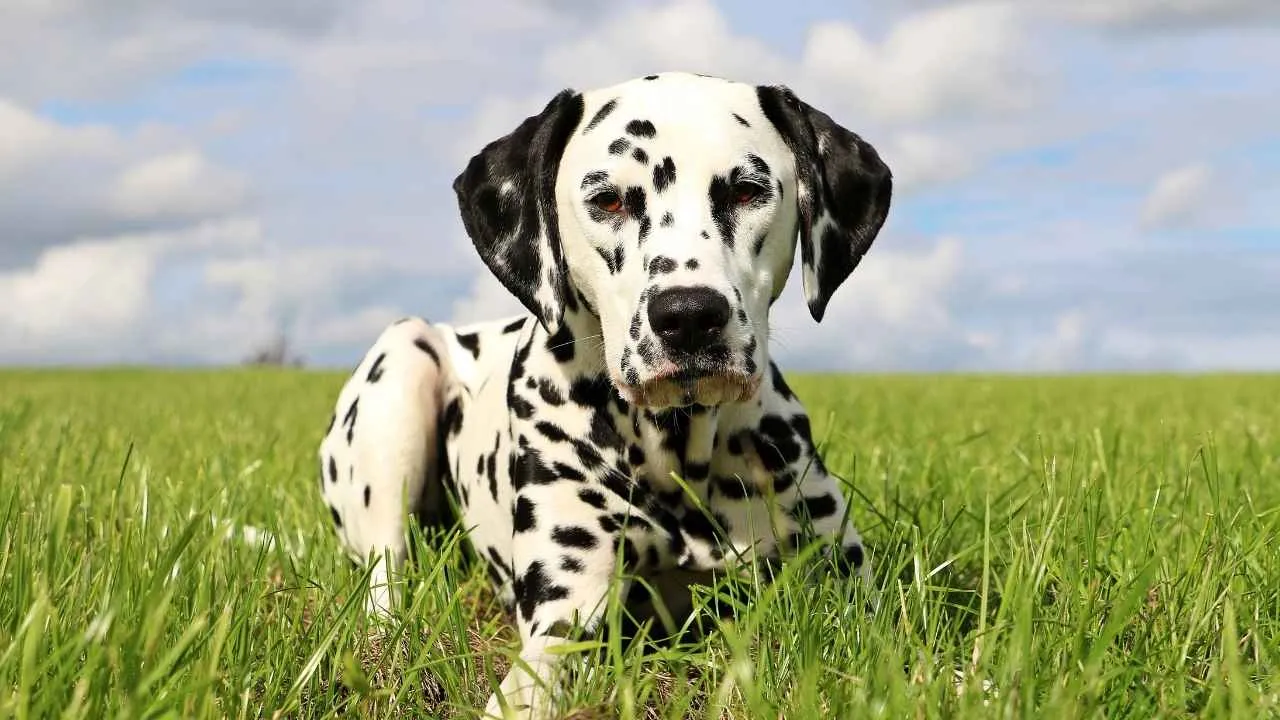
Loyal to their families and often playful, with a more watchful/guarding streak than Pointers. They can be reserved with unfamiliar dogs and people; early socialization helps.
Prey drive varies; introduce them carefully to small pets and reinforce calm behavior.
Coat Type, Grooming Needs, and Maintenance
Both Dalmatians and pointers have short coats that are easy to care for. However, there are a few key differences in how much they shed and what level of grooming is required. Their coat also plays a big part in how well they handle outdoor hunting and indoor living.
Pointer Grooming
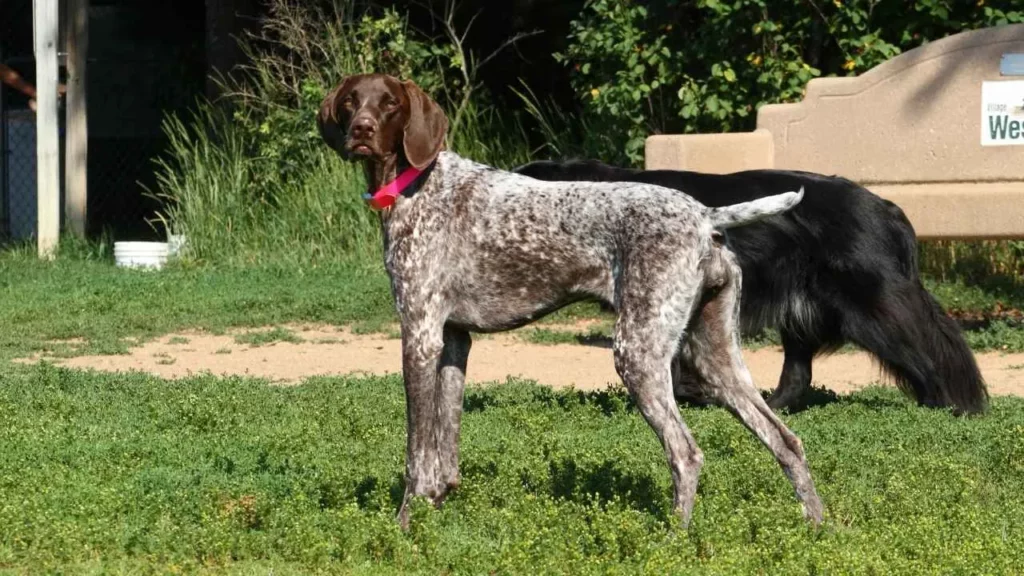
Short, smooth coat lies first and sheds moderately
Needs weekly brushing to stay neat
Low odor and doesn’t trap much dirt
Bathing is rarely required
Great for owners who prefer simple grooming routines
Dalmatian Grooming
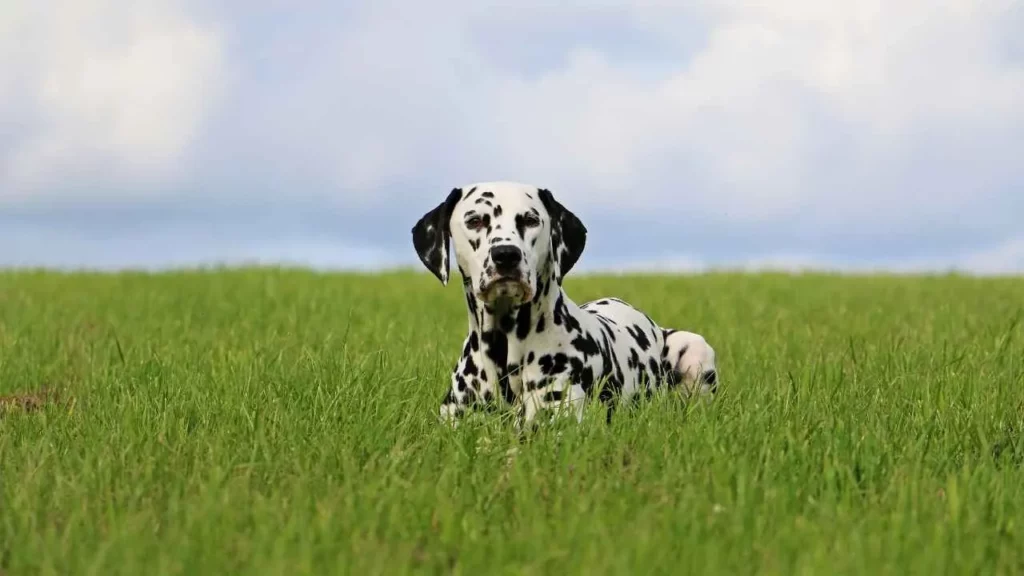
Short, dense coat with an iconic white and solid black or liver spot
Shed a lot, especially year-round
Needs brushing two to three times a week
A grooming mitt or soft rubber brush works best
Purina notes they need regular care to manage shedding
Health, Lifespan, and Common Medical Concerns
Good health is key to a happy dog. Both the Dalmatian and the pointers are strong, active breeds, but they have different needs. Knowing these can help owners give the right care from day one.
Pointers Health Checklist
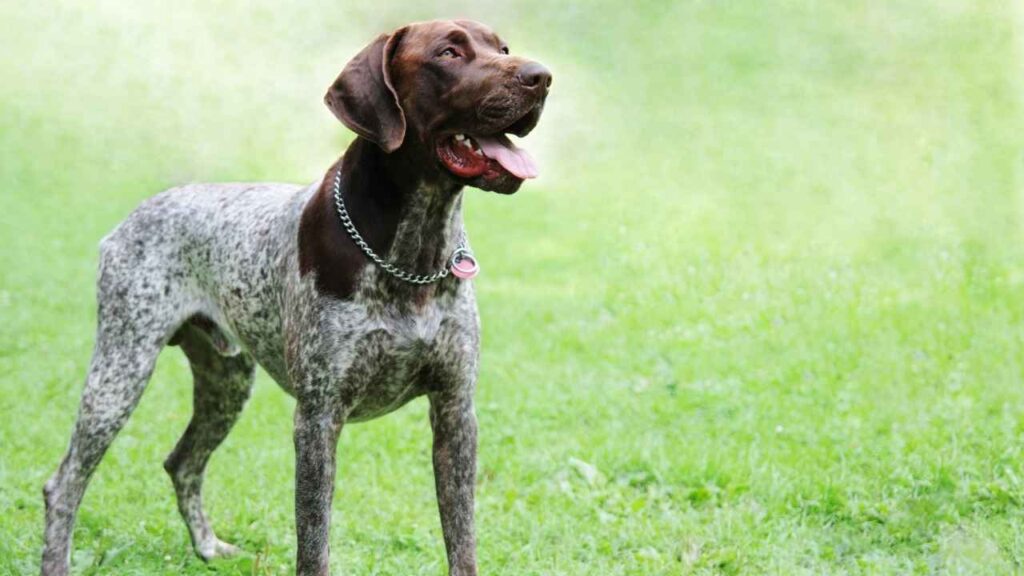
Lifespan: 12-14 years with good care and regular checkups
Prone to Hip dysplasia, skin issues, and ear infections
Their long ears hold moisture, so weekly cleaning is required
These dogs love to run, which can strain their joints over time
Balanced food, light stretching, and steady exercise help them stay fit
Most pointers stay healthy and enjoy an active life with their families
Dalmatian Health Checklist
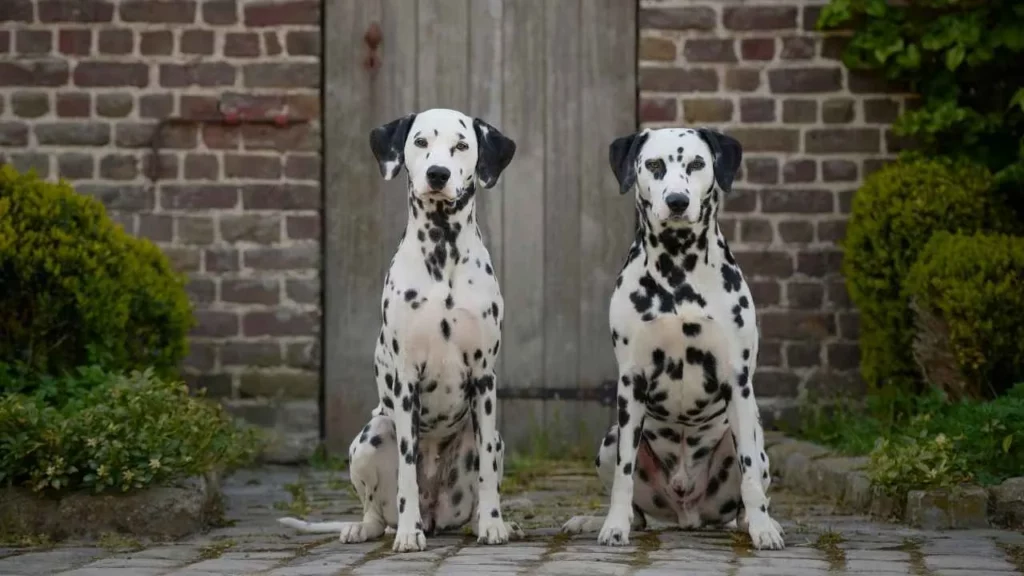
Lifespan: around 11-13 years, depending on genetics and protein
May form urinary stones due to a rare way of processing protein
A low purine diet is often recommended to keep them safe
Deafness is a common risk; hearing tests are essential in puppies
Grooming, diet, and vet visits are required to avoid issues and help them thrive
Conclusion
So, when it comes to Dalmatian vs pointer hunting prowess, it really depends on what you are looking for. If you want a calm, focused hunter with strong pointing skills, the pointer may be the right choice. These dogs are trained for their field. They track birds, follow scent, and stay alert. They are also gentle and eager to please.
But if you love a bold, energetic partner, the Dalmatian might win your heart. While not a traditional hunting dog, it still has strong instincts and loves to run. It is also protective, playful, and deeply loyal to its owners. Both breeds are excellent companions. They bring joy, movement, and purpose to your life. With the right care, they give back so much love.
Choosing between them isn’t just about skill, it’s about connection. Think about your routine, your lifestyle, and what kind of bond you want to develop. Either way, you are choosing a true friend.


